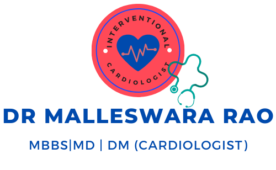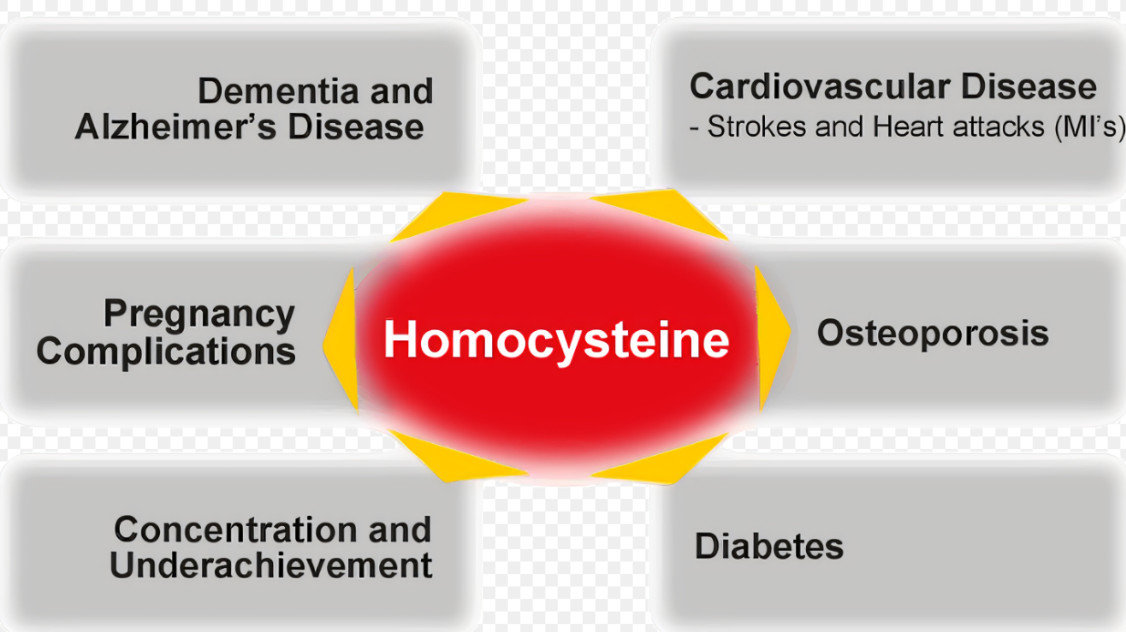PREVALENCE OF ELEVATED HOMOCYSTEINE
Elevations in homocysteine are seen in 5 to 7 percent of the general population. This indicates that this is quite common. We bother about this elevation as it is often associated with increased risk of heart attack, brain stroke and thrombus in leg veins
CAUSES OF HIGH HOMOCYSTEINE IN THE BLOOD
There are many causes for Elevations in homocysteine. Few among them are:
●GENETIC FACTORS
Relatively common cause of elevated plasma homocysteine levels in the general population, often associated with low
blood folate levels. Elevated homocysteine runs in the family. If you have elevated homocysteine, your relatives or siblings are more likely to have the same.
●VITAMIN DEFICIENCIES OF FOLATE, VITAMIN B6, OR VITAMIN B12
Suboptimal B12 intake coupled with decreased absorption may lead to low blood vitamin b12 and high homocysteine in the blood. Vitamin B12 is a vital catalyst for homocysteine metabolism. Vitamin B12 is quite common especially on vegans. Do not worry; there is a treatment for Vitamin B12 deficiency
Low folate intake quite common in raise homocysteine in the blood is an another common cause in the general population .
● KIDNEY DISEASES (CHRONIC KIDNEY DISEASE OR CKD)
Decreased renal removal in CKD can causes high homocysteine in the blood. Kidney can not filter effectively as it should be in CKD. So, few metabolites like homocysteine are raised in the blood. Serum creatine is the screening test for CKD.
●DRUGS
Drugs such as fibrates, Metformin, methotrexate and nicotinic acid, can raise homocysteine levels. When drugs are the culprit for your elevated homocysteine levels, consult your doctor. He may change or stop the medicine.
●SMOKING
Cigarette smoking may elevate homocysteine levels. Smoking increases heart diseases by several folds. Quitting smoking is the best way to prevent heart diseases and to reduce complications of elevated homocysteine levels
DISEASE ASSOCIATIONS WITH HIGH HOMOCYSTEINE IN THE BLOOD
Elevated homocysteine increases the risk of
- Heart attack or myocardial infarction (MI)
- Brain stroke or CVA or paralysis stroke
- Lower limb venous clots or DVT or deep vein thrombosis
- Blockages in leg arteries or peripheral artery diseases
- Heart failure or weak heart
Unlike modifiable risk factors such as hypertension (high blood pressure), hypercholesterolemia (high cholesterol in the blood), smoking, and diabetes, it has not been shown that lowering homocysteine prevents above-mentioned diseases
DECISION TO TEST
It is found that Interventions to lower homocysteine have not been shown to prevent above mentioned diseases.
Hence we do not measure homocysteine levels in patients with above mentioned disease in hospital setting.
As lowering homocysteine levels with vitamin supplementation does not improve future outcomes, we come to this
conclusion.
Many people have their homocysteine levels checked as part of risk stratification for cardiovascular disease which
is quite common because of various health packages in labs. Given the lack of evidence for benefit from lowering
elevated homocysteine levels , we do not measure homocysteine levels in general population also.
LABORATORY LEVELS OF HOMOCYSTEINE
Normal homocysteine concentrations in the blood range between 5 and 15 micromol/L. Hyperhomocysteinemia has been classified as follows:
- Moderate (15 to 30 micromol/L)
- Intermediate (30 to 100 micromol/L)
- Severe (>100 micromol/L)
TREATMENT FOR ELEVATED HOMOCYSTEINE
Available evidence suggests not testing for or treating high homocysteine levels as it is not associated with reduced future complications.
A diet rich in fruits, vegetables, and low-fat dairy products and low in saturated and total fat can also lower serum homocysteine which is a simple and practical solution. In many countries, grains are fortified with folic acid, which leads to higher folate levels across the population which reduces the incidence of high homocysteine
COST OF HOMOCYSTEINE TEST
The cost will vary depending on the center, state, and country. it will be around Rs 1000 in Hyderabad.
HOW WILL THE HOMOCYSTEINE TEST BE PERFORMED?
Your healthcare provider takes blood samples from your vein with a needle. You may feel a sting sensation when the needle goes in or out. The sample will be sent to the laboratory and analyzed in a biochemical lab. You can expect blood reports of homocysteine levels in a day.

